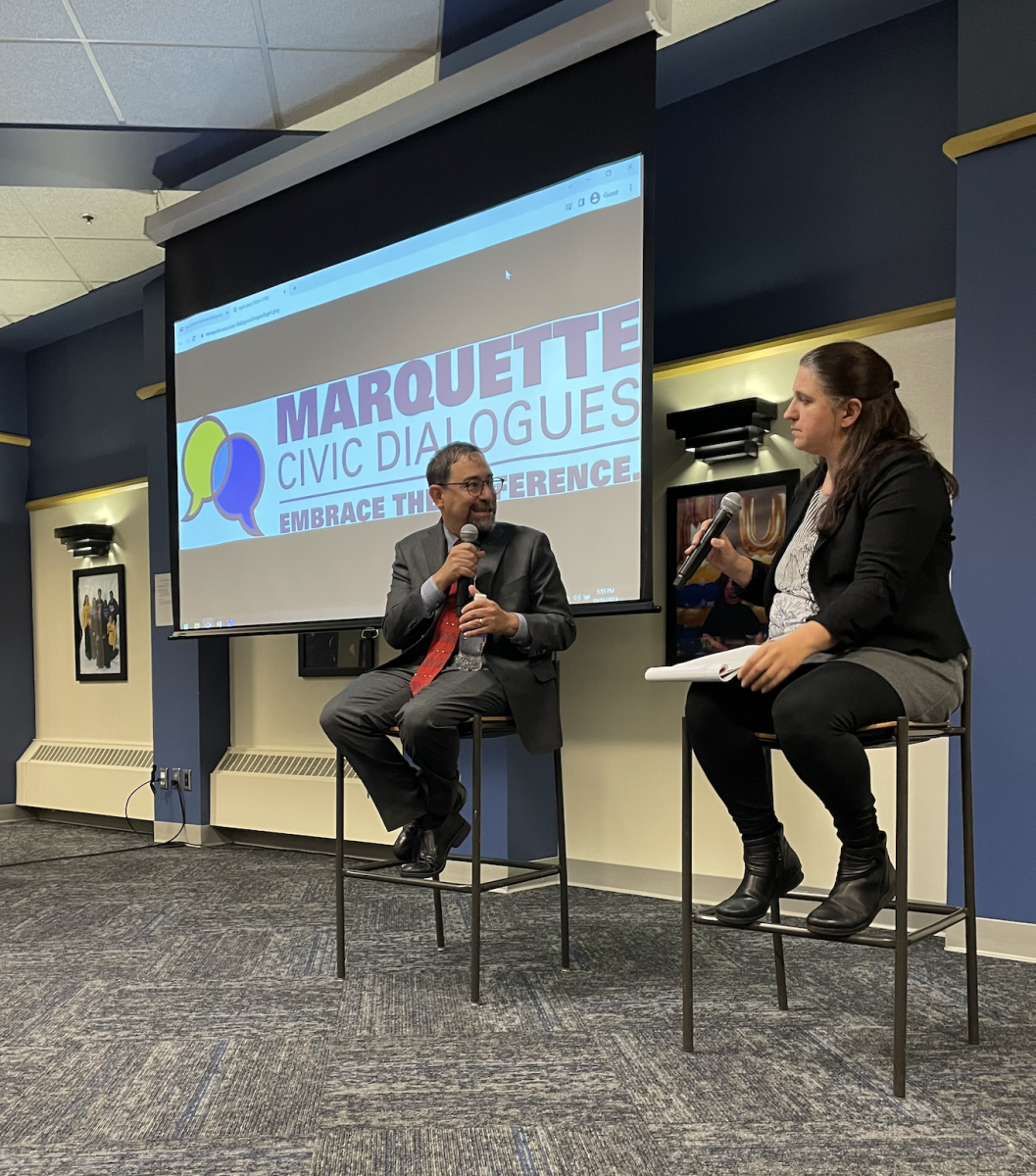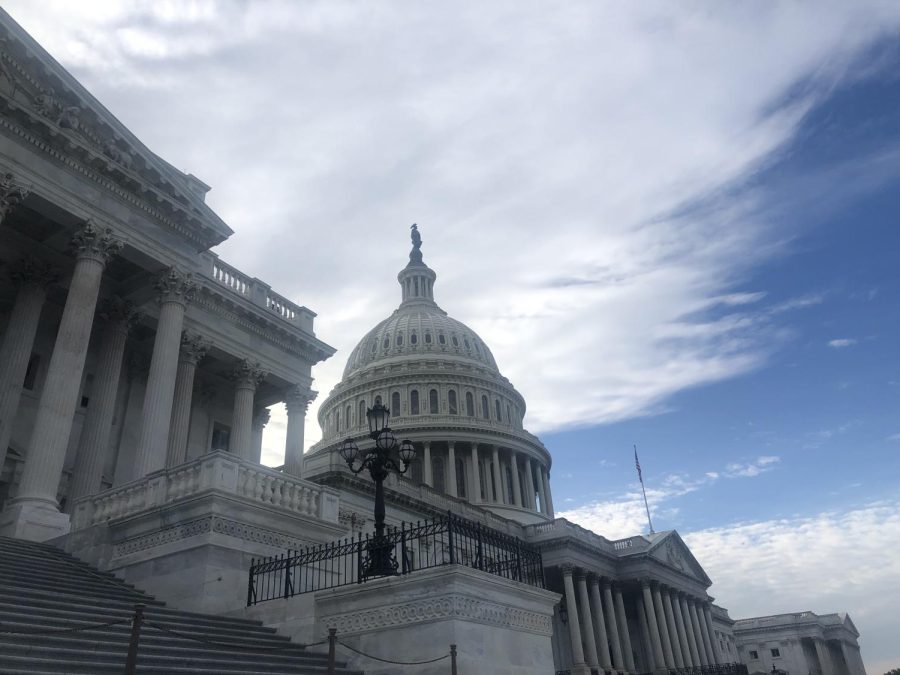As debate and controversy swirl around the appointment of a new Supreme Court justice, an interesting alternative conversation has reared its head once again: Are Supreme Court nominations “apolitical?”
The Supreme Court is an institution designed to shape and uphold the laws of this country, filled with the finest legal minds this country can provide. The power and influence that the Supreme Court has over American law is immense and long-lasting. To contend that this, or frankly any aspect of American life, can be “apolitical” is to speak from a place of either blind privilege or outright ignorance.
The concept of political action in this country has devolved into petty tribalism and electoralism. For those in positions of racial, sexual or financial privilege, the American political process has become an abstract game. Candidates and political parties occupy a similar public role as athletes and sports organizations. By picking and choosing which policies we wish to see enacted as arbitrarily as a March Madness bracket, we are diminishing our own agency as political actors.
We see our party win or lose elections or votes on bills and spectate as if they exist in a plane removed from ours. The outcomes of elections and votes have varying concrete and abstract effects on Americans and the world at large, yet many Americans simply view the issues as red or blue wins and losses.
When the abstract concept privileged Americans have roped off as “politics” manifests itself in non-traditional forums such as sports or the entertainment industry, controversy is sure to follow. Whether in art or sports, celebrities often use their platforms to further political agendas. Arguing that politics has no place in professional sports or the arts is a fool’s errand. “Politics” is all-encompassing and infused into every single aspect of American life.
An ad campaign featuring a former NFL quarterback can have as much, if not more, political impact on the public as a press release from the White House. Pop radio is filled with lyrics about women’s rights and police brutality. Even the sitcoms we choose to watch have been roped into political dogfighting between the two major parties. From the media we consume to the people we choose to socialize with, our lives are shaped by political divisions and commonalities.
As lovely as it would be to have a Supreme Court comprised of non-partisan, yet morally driven justices focused on doing what is unequivocally right, that is simply a fantasy. Every American, conscious of it or not, is motivated by his or her own internal political compass. This principle extends to Supreme Court justices who are appointed by partisan presidents and backed by political organizations with explicitly partisan platforms.
Stances on controversial issues are shaped by everything from higher powers to cable television. As voters and participants in the democratic process, it is the responsibility of Americans to be informed of the issues that their nation faces.
Not every citizen can become a policy expert overnight. However, as midterms approach during one of the most volatile times in American history, a rudimentary understanding of the issues should be present. Shrugging off issues that are alien to one’s experience as someone else’s problem is disrespectful not only to those struggling with said issues, but to the individual as well. Not only do the problems of others not directly affect those with privilege, the privileged can not be bothered to empathize with the affected.
A person describing oneself as being “not into politics” is speaking from an explicit, if unspoken, position of privilege, particularly in this political climate. As families are detained in inhumane prisons and women’s rights are in jeopardy, considering oneself to be “apolitical” feels reminiscent of an ostrich burying its head in the sand to avoid danger.
The ongoing notion that anything or anyone in this country – even something as influential as a nomination to the Supreme Court – can and should be “apolitical” is foolish. When someone is selected by a partisan branch of the government and confirmed by yet another partisan branch for the purpose of exercising partisan influence over policy and law for life, the position is inherently political.
There will be uncomfortable conversations. Relationships will undoubtedly become strained. However, our abilities to express ourselves as political beings and shape the future of the nation is one of our greatest gifts as Americans. Trying to avoid “politics” as some kind of societal boogeyman for the sake of comfort only serves to harm those most affected by policy decisions. Everything is political in some regard or another, and that’s not going to change any time soon.






